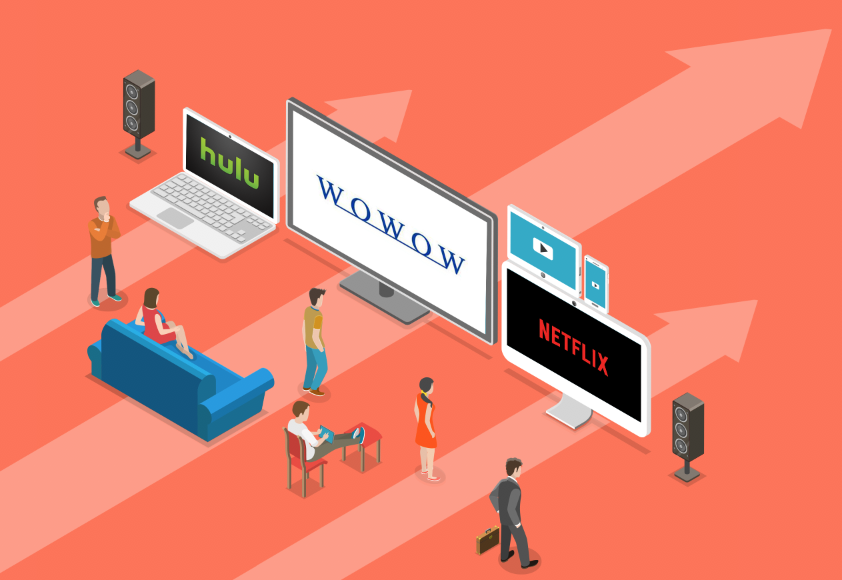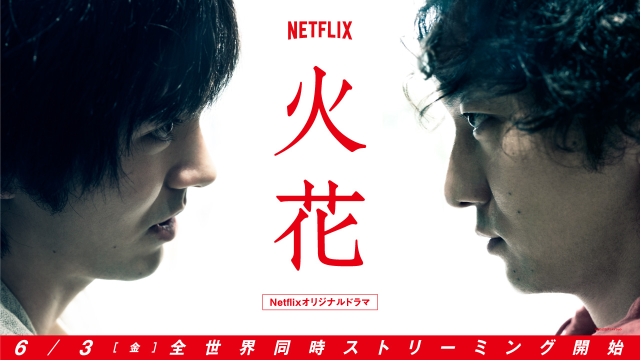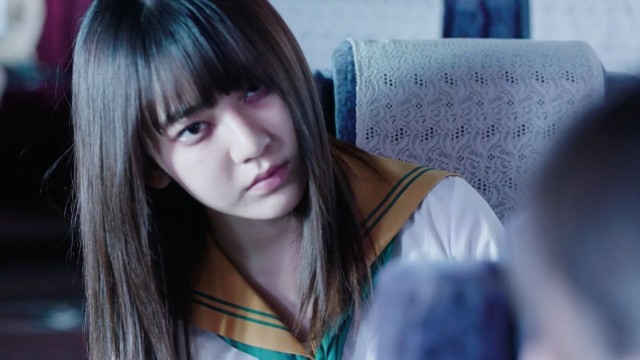Online streaming is the way forward, and Japan now has several sites available that will reunite you with all the shows you’ve been missing.
Speak to a foreigner in Japan about terrestrial TV here and the response will often be quite negative. There’s some decent stuff out there, but in general it’s full of low-budget dramas, biased news stations, celebrities appearing in tiny pop-up screens (waipu) responding with “eh” to everything, and programs about food where all the dishes are described as “oishi” or “umai.” When it comes to overseas content, there’s little on offer. You get the odd drama like “Downtown Abbey” or “Numbers” and a few films, but not much else. For a long time, satellite TV was the only alternative. Fortunately there’s now a host of options thanks to the rise of online TV streaming sites like Netflix, Hulu and Amazon Prime.
Hulu
This was the first international Subscription Video on Demand (SVOD) site to show its hand on these shores, launching here in 2011. The California-based company, which hadn’t previously ventured overseas, saw Japan as a huge untapped market with extensive broadband penetration and Internet-connected device ubiquity. Yet despite the apparent potential, many observers were skeptical about the move. This is, after all, a country with an aging population that’s never really shown a lot of interest in cable TV. Renting DVDs from Tsutaya has long been the preferred option. With the popularity of Hollywood movies and foreign shows on the decline, it was always going to be tricky persuading large numbers to part with their cash for an online American television streaming site.
And so it proved. Hulu struggled early on as it offered just overseas content, and at ¥1,480 per month it was deemed a little steep. Things improved slightly after the price was reduced to ¥980, though a significant breakthrough wasn’t really made until 2014 when the company was bought out by Nippon TV. While it’s still operating at a loss, the number of paid subscribers – said to now be in excess of 1.3 million – has been growing annually and, according to Nikkei, the company is targeting another 36,000 customers this year.
An extensive library certainly helps. Hulu may not be as prolific as its rivals when it comes to original material, but it does boast the largest selection of TV shows (over 12,000) and movies (around 1,000) of any international SVOD site in Japan. Earlier this year, a licensing agreement was struck with HBO that gave the site exclusive access to a wide range of the cable channel’s most popular programs including “Entourage,” “The Wire,” and “Game of Thrones.” The deal enables Hulu to screen shows that had never previously been seen in this country such as the critically acclaimed comedy series “Silicon Valley.” The website’s also now strong in terms of domestic content, featuring many Japanese dramas, movies and anime.
Netflix
Hulu’s main competitors have clearly learned from the site’s early difficulties here. Amazon Prime, the cheapest option at ¥3,900 annually, recently announced that half of its original global productions this year will be Japanese, including remakes of “Kamen Rider” and “Ultraman Orb.” Subscribers can also download free music and borrow one e-book a month. As for Netflix, which charges between ¥650 and ¥1,450 a month, around 40 percent of its library is local content – more than twice as much as most of the sites’ other territories.
The world’s leading Internet television network – with more than 81 million subscribers in 190 countries – Netflix seamlessly penetrated markets in Canada, Latin America, Europe and Australia. Japan, though, was never going to be as straightforward. The brand-conscious culture here makes it especially hard for new and unfamiliar companies to gain the trust of consumers; however, when they do become comfortable with a product or service they tend be very loyal.
“Of course there are many challenges,” Netflix Japan CEO Greg Peters tells us. “Awareness of our company and SVOD sites in general is lower here than in most of the markets we’ve entered. We have to work through this by educating consumers and giving them a compelling reason to join us. There’s undoubtedly a preference for local content in this country so it’s important to satisfy those needs, not only through established domestic programs, but also by making an aggressive push to create original Japanese productions. We launched with two shows [a new season of the reality TV series ‘Terrace House,’ and the drama ‘Underwear,’ which tells the story of a young girl trying to find her place at a lingerie shop in Ginza] and we’ve been ratcheting up the quality since then.”
In June, a TV adaption of Naoki Matayoshi’s Akutagawa prize-winning novel, “Hibana” (“Spark”) became the latest Japanese program to premier on Netflix and has thus far proved popular at home and abroad. “We’ve been blown away by the reaction,” says Peters. “Around half of ‘Hibana’s’ viewers are from outside of Japan, and not just Asia, but also Brazil, Europe and America. Thanks to our recommendations system you’ll get people in, say, Germany – who love art films but would never normally watch anything Japanese – clicking on it and then finding they can relate to it. It’s about unlocking doors for quality content creators so their work can have a global fanbase. This is our strategy all over the world.”
It’s these original productions that gives Netflix the edge over its rivals. It began in 2013 with “House of Cards.” A remaking of a British political miniseries from the early 90s, in which the conniving main character delivers a series of aphorisms to the camera, seemed like a surprising choice at the time, yet it proved an immediate hit. Since then, the website’s reputation has been enhanced further thanks to shows like “Making a Murderer,” “Bloodline,” and “Orange is the New Black.”
Wowow
When it comes to dramas, Internet TV appears to be the way forward, but in terms of live broadcasts and documentaries, cable still has a lot to offer. The one Japanese satellite station that seems to have a little bit of everything is Wowow. The 25-year-old company expanded its single channel service in 2011 to become the first three-channel, 24/7, high-definition broadcaster in the country.
Its main entertainment channel, Prime, features a variety of Hollywood films and popular overseas dramas like “Broadchurch” and “Suits,” while in October a Japanese version of “Cold Case” will debut. It’s also become known for premiering thought-provoking documentaries such as “Finding 1984,” a modern commentary on George Orwell’s dystopian political novel “Nineteen Eighty-Four,” and “The 50 Year Argument” by Martin Scorsese and David Tedeschi about the influence of the “New York Review of Books.” A series starting in October called “Who I Am” tells the story of various Paralympians as they prepare for the next three Games in Rio, Pyeongchang and Tokyo.
The station’s other two channels – Cinema and Live – focus on movies, sports and music. Wowow was the only broadcasting company showing every game at this summer’s Euros and last year’s eagerly anticipated bout between Floyd Mayweather and Manny Pacquiao. There’s Spanish football, four Grand Slam tennis events, and a wide range of concerts featuring domestic and international acts including Babymetal and Adele. At ¥2,300 a month, it’s not cheap, but thanks to its diversity of programming, Wowow continues to prosper for now. Tough challenges lie ahead, though, in what is a rapidly changing television landscape.
Weekender Recommends
Marcella (Netflix)
Anna Friel stars as the eponymous lead character Marcella Backland in this gritty British crime noir detective series, but is she the victim or the villain? Created by renowned Swedish screenwriter Hans Rosenfeldt, it’s not the most original of dramas, but the plot twists make it well worth watching.
Crow’s Blood (Hulu)
An eerie J-horror series (pictured above) written by Clint Sears and AKB48 producer Yasushi Akimoto that is set predominantly in a Japanese high school where a series of inexplicable and vicious episodes occur one after another. Darren Lynn Bousman of the “Saw” series is the executive producer.
Fargo (Netflix)
A brilliant TV adaption of a movie widely considered the greatest black comedy of all time. Writer Noah Hawley does an excellent job incorporating the somber minimalism of the film with a new story that keeps the audience captivated. Stars Martin Freeman and Billy Bob Thornton.
This article appears in the August 2016 issue of Tokyo Weekender magazine.












